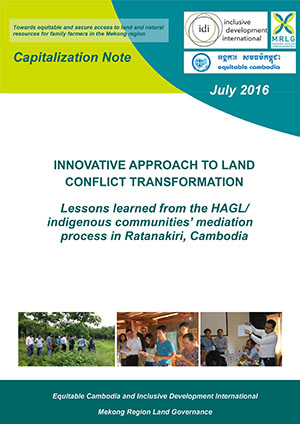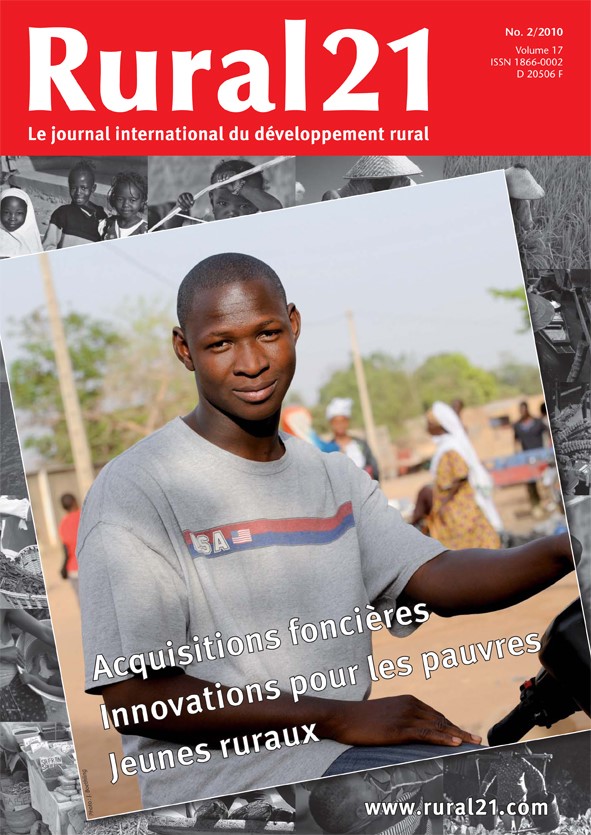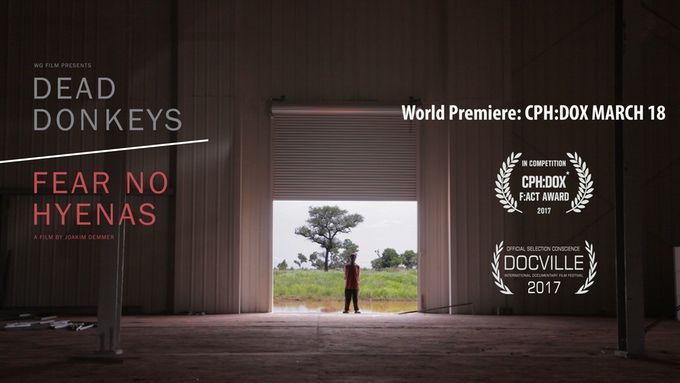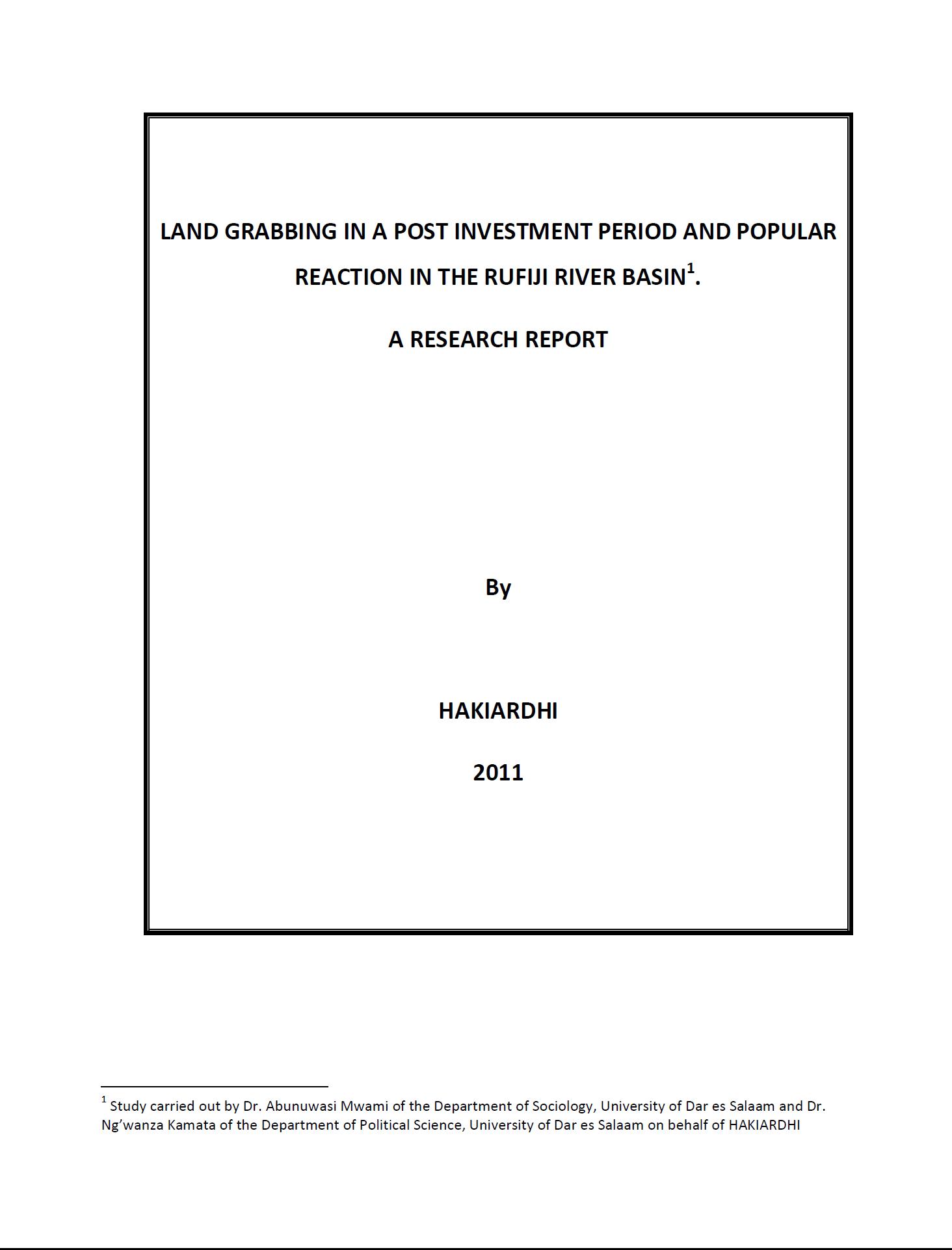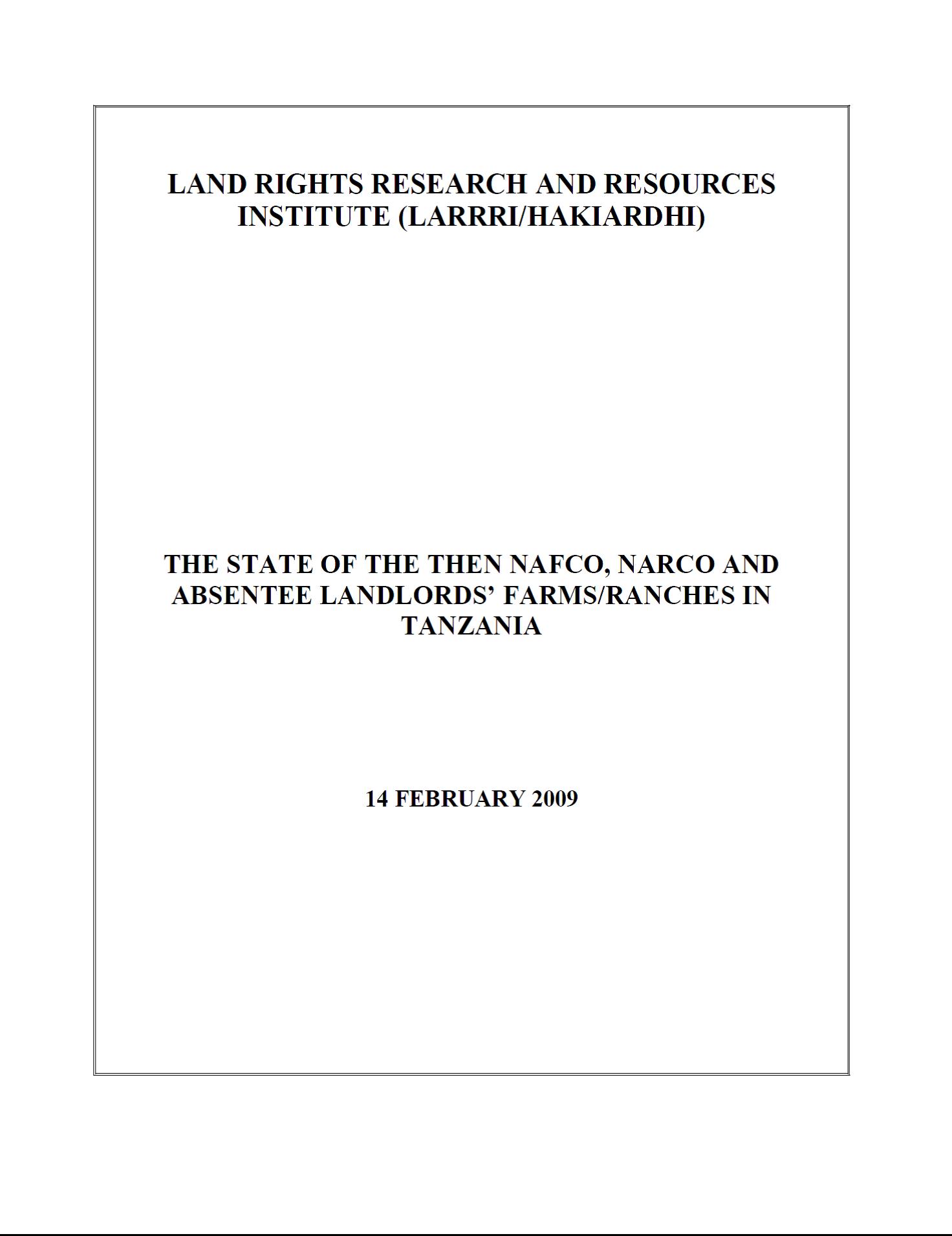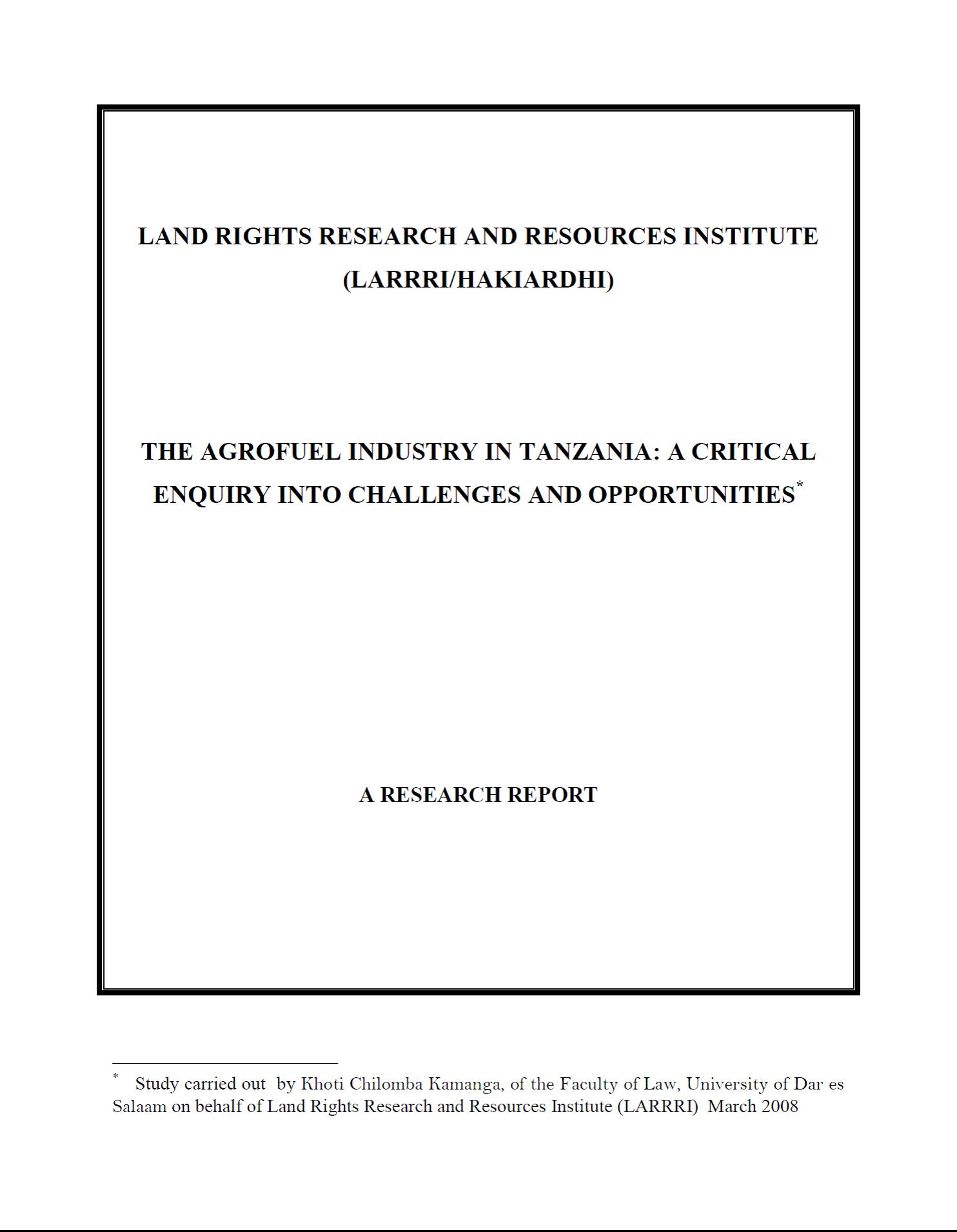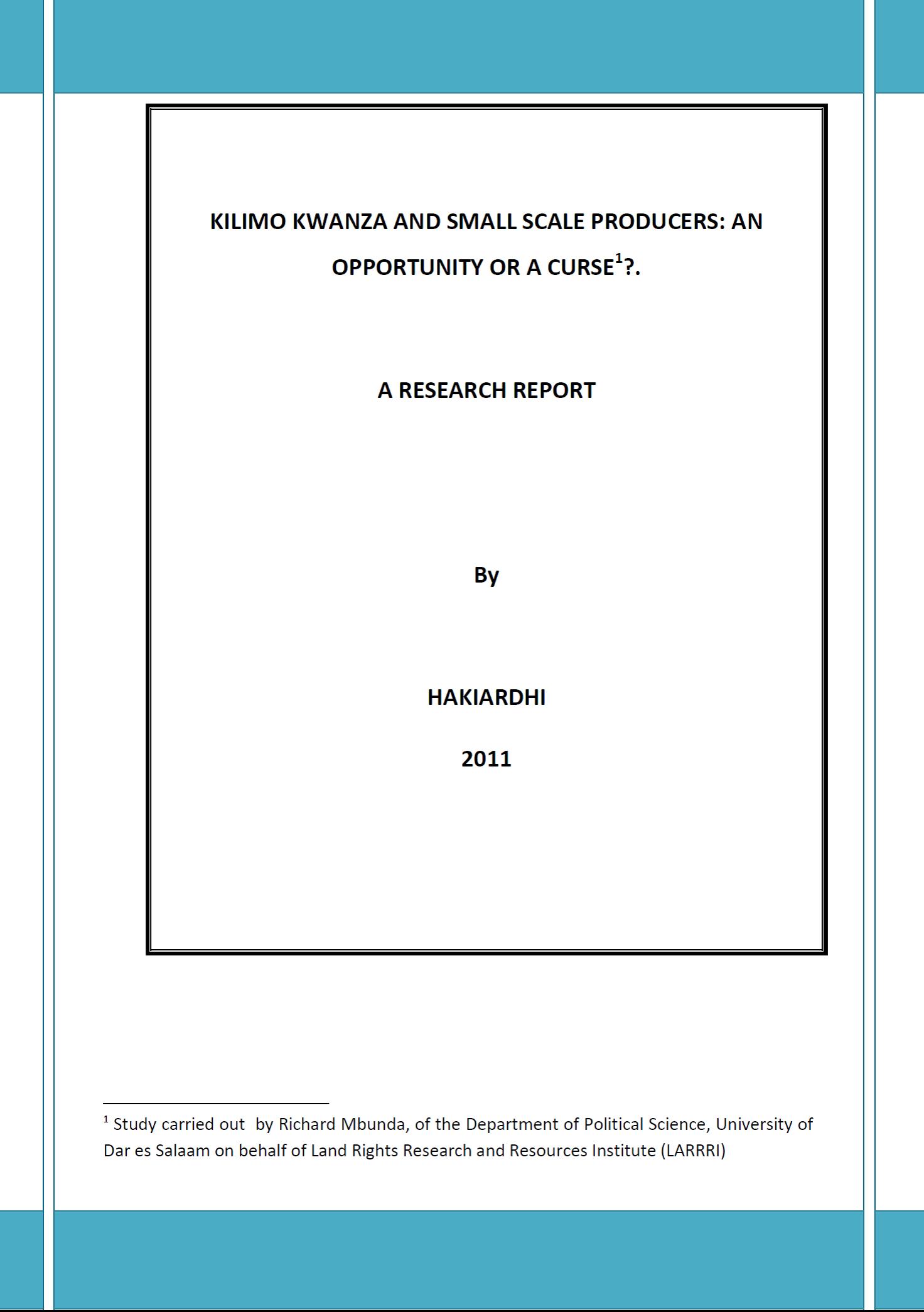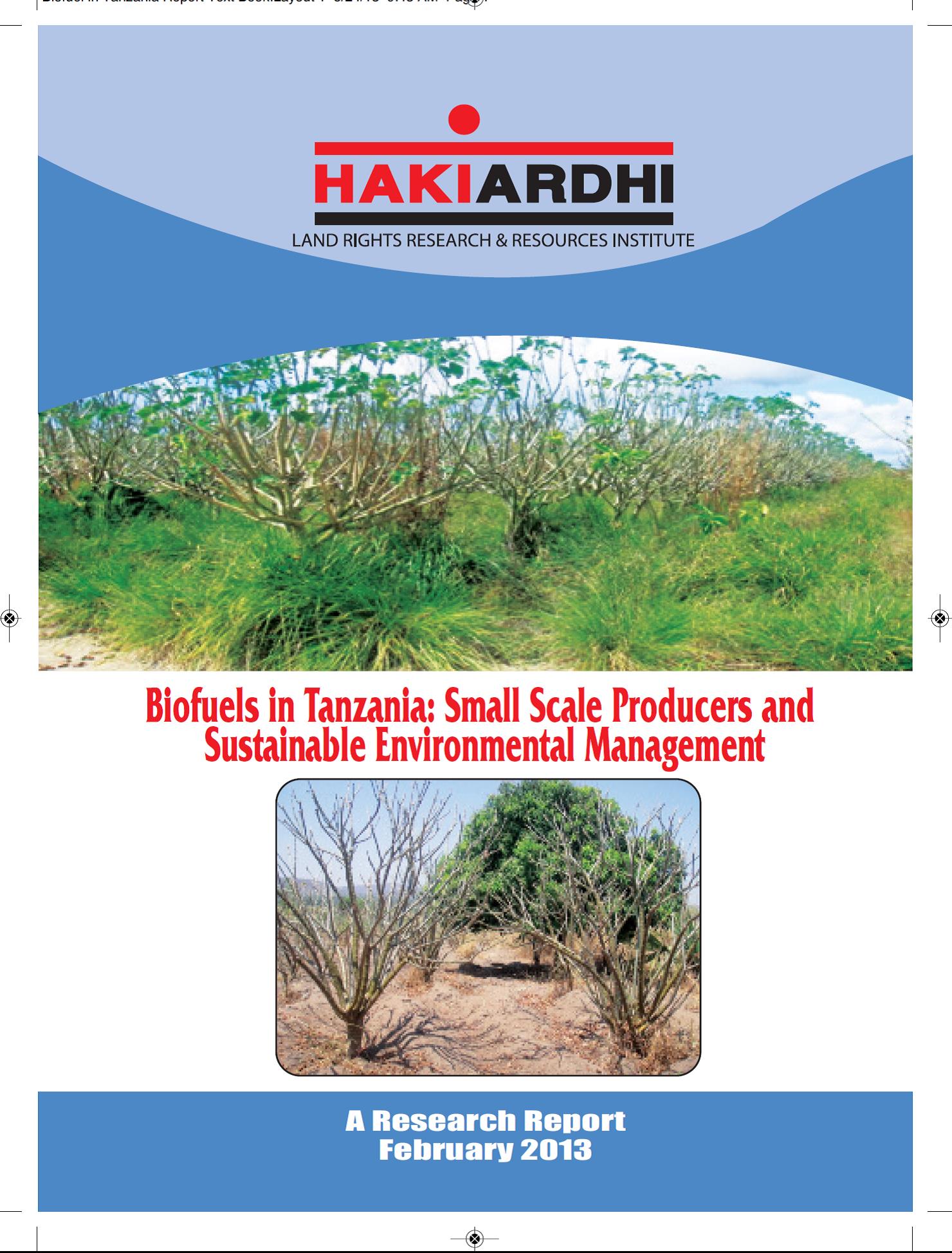Protecting Our Community Land
This video is part of one of the major activities of the L&A initiative “Collective Learning on Land Conflict Resolution” in Cambodia. It shows how important the solidarity of villagers is important to prevent land grabbing. The concerned village is in Taing Mlou village, Andoung Meas district, Ratanakiri province.



